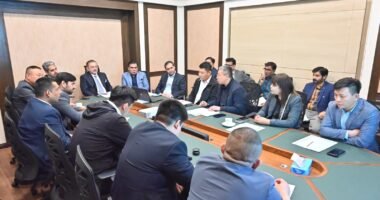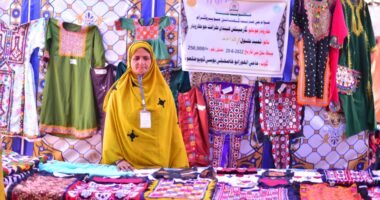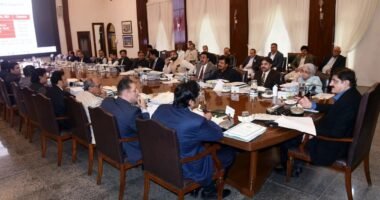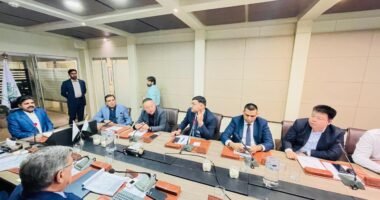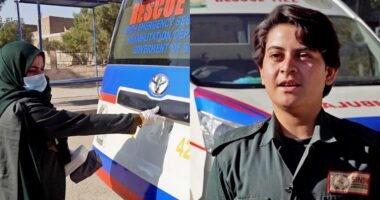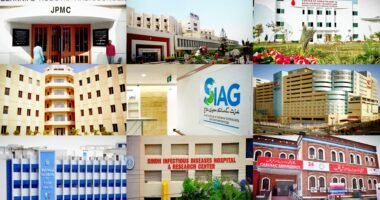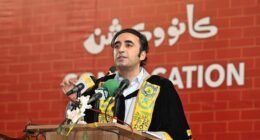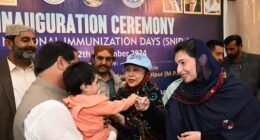
In response to the increasing threats posed by natural and man-made disasters to Pakistan’s cultural heritage, UNESCO, in partnership with the Directorate of Antiquities and Archaeology of the Government of Sindh, organized a crucial five-day workshop on Disaster Risk Reduction (DRR) for the Safeguarding of Cultural Heritage. Held from 18 to 22 November 2024 at the UNESCO World Heritage site of Moenjodaro, the workshop aimed to build the capacity of heritage professionals to protect Pakistan’s rich cultural legacy from future disasters.
The devastating monsoon floods of 2022 had caused significant damage to many historical sites in Pakistan, including Moenjodaro and the Makli Necropolis, both UNESCO World Heritage Sites in Sindh. These disasters, which resulted in approximately USD 6 million in damages, underscored the urgent need for disaster risk preparedness in cultural heritage preservation.
Key Takeaways and Commitment from Participants
A diverse group of 25 participants, including architects, engineers, conservators, and scholars, attended the workshop to share knowledge and gain practical skills in disaster preparedness and recovery. The training focused on evaluating risks, implementing preventive measures, and understanding international frameworks for safeguarding heritage during emergencies.
Adiya Hasan, a young architect who attended the workshop, highlighted the importance of prioritizing actions to protect cultural heritage during disasters. “I learned how to work with the resources available and implement these practices in my work,” she said. Similarly, Wasim Sajad, a conservator from Swat, expressed how the workshop’s lessons could be applied to his own disaster-prone region.
Dr. Saima Gulzar, an architectural researcher, emphasized her learning about the Post-Disaster Needs Assessment (PDNA) process, which was new to her before the workshop. Participants also explored the integration of traditional knowledge, climate change impacts, digital tools like Artificial Intelligence, and gender equality in cultural heritage strategies.
Practical Exercises and Expert Insights
The workshop combined classroom sessions with field visits and expert insights. Dr. Cristina Menegazzi, an international expert from UNESCO, led the training, ensuring that participants gained hands-on experience in disaster risk assessment and emergency response strategies. The sessions also provided valuable information on how communities can play a crucial role in reducing disaster risks to heritage sites.
By the end of the workshop, participants committed to implementing their newly acquired knowledge within their respective organizations. These include conducting workshops, developing disaster risk reduction plans, and forming internal response teams to safeguard both tangible and intangible cultural assets.
UNESCO’s Commitment to Heritage Preservation
In his closing remarks, Mr. Ihsan Ali, curator at the Archaeological Ruins at Moenjodaro, emphasized the importance of continued collaboration between UNESCO and the Government of Sindh to protect heritage sites. “This workshop has equipped us with the tools and partnerships needed to ensure the protection of these sites for future generations,” he said.
Dr. Menegazzi echoed this sentiment, urging for the continuation of similar training programs to build professional coordination and ensure an effective response in future disasters. The workshop served as an important step in fortifying Pakistan’s cultural heritage against the increasing threat of natural disasters.
Through this collaborative effort, UNESCO and its partners aim to create a more resilient approach to cultural heritage preservation, one that incorporates disaster risk reduction as a critical component of safeguarding Pakistan’s historical legacy for future generations.


